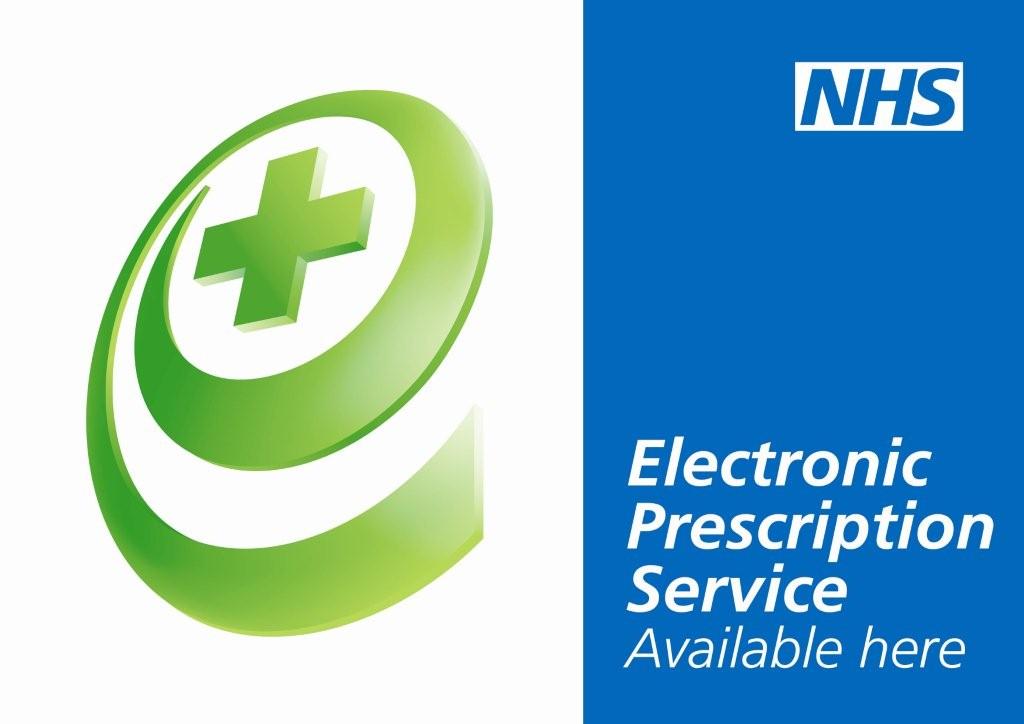Latest

EPS Phase 4 pilot to include more patients
In Latest
Discover the latest pharmacy news with daily updates and information to keep you in the know.Bookmark
Record learning outcomes

A new NHS Digital pilot will see electronic prescriptions extended to patients who have not nominated a regular dispenser for the first time. NHS Digital says the launch is "excellent news for GPs, pharmacists and patients" and that it will deliver time and cost savings for healthcare professionals and the NHS.
This update to the Electronic Prescription Service is known as Phase 4, and is being piloted across eight GP practices in England, with more set to join in 2019.
Up until now, prescriptions could only be processed via EPS if patients had chosen a nominated dispenser. NHS Digital says Phase 4 will allow all patients’ prescriptions to be sent using the “more efficient, digital system” and that if the pilot is successful this functionality will be made available to all English GP surgeries.
This could see more than 95 per cent of GP prescriptions processed electronically, NHS Digital says. The NHS Business Services Authority estimates that full roll out of EPS across England could save the NHS £300m a year.
Benefits
NHS Digital says cutting down on paper prescriptions saves the NHS time and money and delivers a “more efficient, faster and secure process”. Furthermore, because the prescriptions "can’t be lost", GPs won’t need to sign replacements, and clinicians will be able to check the progress of prescriptions using an electronic tracker, it is claimed.
“Very little” will change in terms of the patient experience, NHS Digital claims, as their medicines will be prescribed and dispensed as normal.
“Patient without a nomination will still receive a paper copy listing what has been prescribed, but this will also contain a barcode that pharmacy staff will scan to download their electronic prescription from the secure NHS database – the NHS Spine,” NHS Digital says.
“Excellent news for GPs, pharmacists and patients”
Ian Lowry, director for digital medicines and pharmacies at NHS Digital, said the pilot launch was “excellent news for GPs, pharmacists and patients” and an “important step towards the digital future for NHS prescribing and dispensing.”
“Every single prescription that is sent electronically rather than via paper saves money for the NHS as less time and valuable resource is spent processing and storing the paper prescriptions,” Mr Lowry commented.
Farhan Ali, pharmacist manager at LloydsPharmacy in Ramsbottom, an early participant in Phase 4, said that widening the EPS eligibility criteria “is a welcome development and the pilot has gone very well for us so far. We’re only a few days in and are already seeing the positive impact, both on the way our team works and on patient experience.”
Mr Ali added: “With more prescriptions going electronic, more are available to view on the EPS tracker. This means we can track and locate more prescription quickly and easily, without having to spend valuable time calling the surgery to query a prescription’s status or whereabouts.
“We’ll also save time at the end of every month when my team spends hours collating, counting, processing and posting paper prescriptions. Fewer paper prescriptions means less admin work and more time made available for us as pharmacy professionals to spend on what’s important – treating and supporting patients.”
Keith Farrar, senior responsible owner for digital medicines at NHS England, described the pilot as “another step towards a more efficient digital NHS” and said the health service “will be increasingly looking to new technology like this” as the NHS Long Term plan is formulated.
